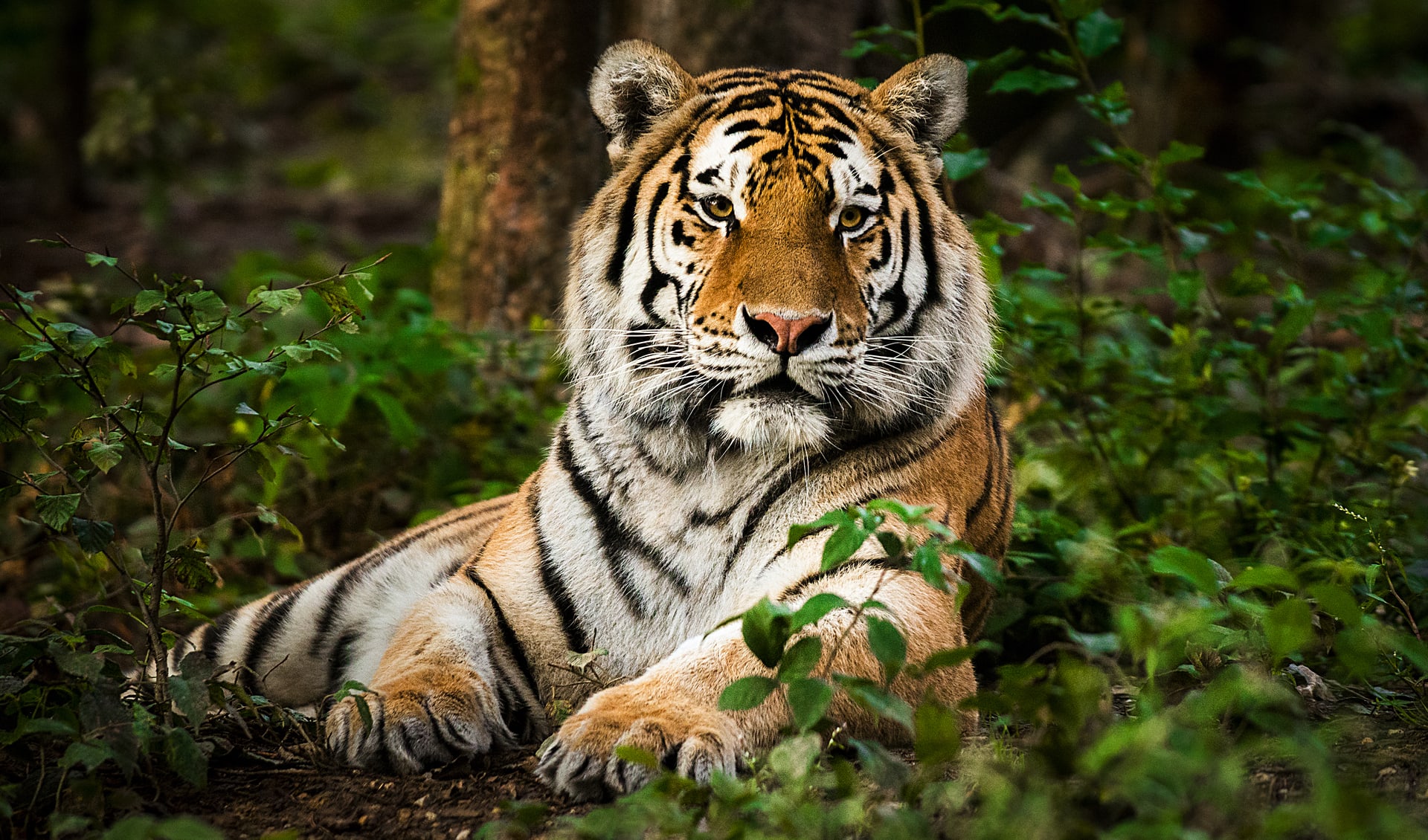This medium-sized toucan species can be found inhabiting the lush evergreen woodlands spanning from southern Mexico through Central America and into northwestern South America.
As a primarily frugivorous species, the collared aracari boasts a diverse and varied diet consisting mainly of fruits. These fruits can range from small and succulent to larger and more fibrous, providing the aracari with essential nutrients and energy to thrive in their habitat. However, in addition to fruits, these toucans are known to supplement their diet with other food sources, including large insects and the eggs of other birds. This dietary flexibility allows them to adapt to changes in food availability throughout the year.
When it comes to nesting, the collared aracari exhibits fascinating behavior. While they typically rely on cavities carved by woodpeckers for nesting sites, they may also utilize natural cavities formed by decay in wood. This resourcefulness enables them to find suitable nesting locations in their forested habitats. Once a suitable nesting site is found, the collared aracari will lay a clutch of eggs, usually consisting of two to five eggs. Interestingly, it is not uncommon for a single adult to take on the responsibility of incubating the eggs, although both parents and sometimes additional helpers may contribute to caring for the nestlings once they hatch. This cooperative breeding behavior is a notable aspect of the collared aracari’s reproductive strategy and may enhance the survival rate of the young.
Distribution
 Belize
Belize Colombia
Colombia Costa Rica
Costa Rica El Salvador
El Salvador Guatemala
Guatemala Honduras
Honduras Mexico
Mexico Nicaragua
Nicaragua Panama
Panama Venezuela
VenezuelaAnything we've missed?
Help us improve this page by suggesting edits. Glory never dies!
Suggest an editGet to know me
Terrestrial / Aquatic
Altricial / Precocial
Polygamous / Monogamous
Dimorphic (size) / Monomorphic
Active: Diurnal / Nocturnal
Social behavior: Solitary / Pack / Herd / Flock
Diet: Carnivore / Herbivore / Omnivore / Piscivorous / Insectivore
Migratory: Yes / No
Domesticated: Yes / No
Dangerous: Yes / No





